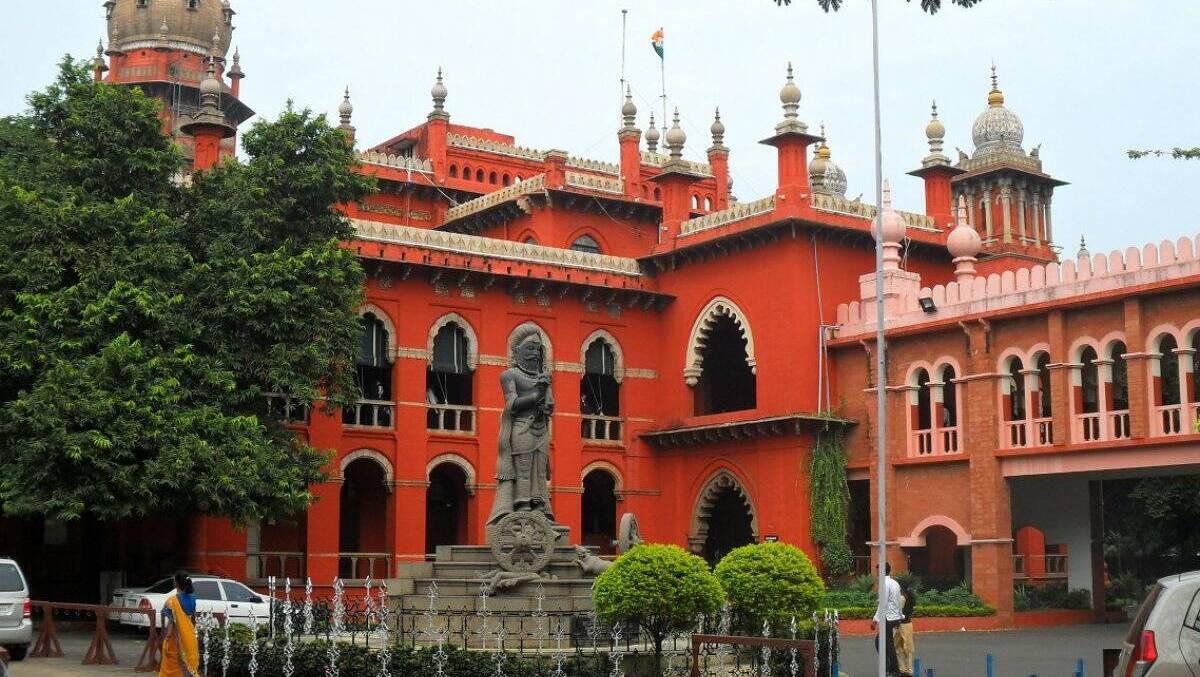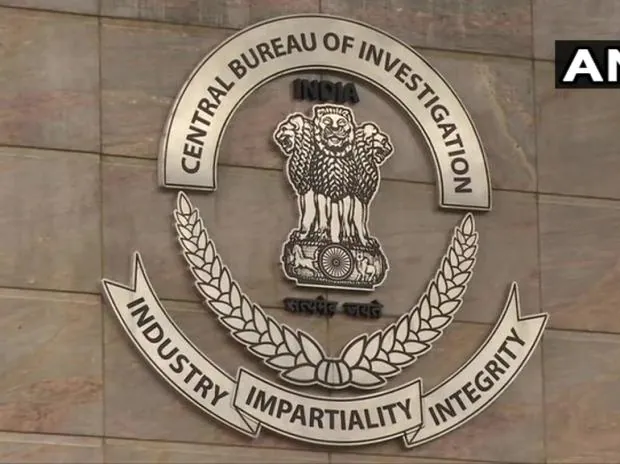
Chennai, June 27(BPNS)
The Madras High court has in a bid to clear the pending backlog cases – both civil and criminal, is contemplating to appoint retired judges on an ad-hoc basis. Sources in the Madras High court told IANS that the proposal is under serious consideration with the Chief Justice of the Madras HC, Justice Sanjib Banerjee.
There are about 5.22 lakh civil cases and 60,000 criminal cases to be disposed of in the court.
Presently the working strength of the Madras High court is 59 against its sanctioned strength of 75 judges. This shows that there are 16 vacancies in the court and 3 more judges are retiring by September 27.
Adding serious concern, 7 more judges will retire by 2022.
The Supreme Court has in an order on April 20, 2021, noted the need for the High Courts to reactivate Article 224A, a “dormant provision” of the constitution. The constitutional provision empowers the Chief Justice of a High Court to request a retired judge to sit and act as a judge on being paid such allowances as the President of India may decide upon.
The Supreme Court has supported the provision to utilize the experience of retired judges to clear the backlog as the appointment of permanent and additional judges to sanctioned vacancies takes a long time. It is to be noted that the retired judges would be appointed over and above the sanctioned strength of the judges in the High Court. The ad-hoc judges will be used for judicial work only and not for administrative work but their pay and allowances should be at par with the sitting judges of the high court.
It may be noted that of the pending cases in the high court, 1.09 lakh cases are 10 to 20 years old. That is around 18.5% of the backlog cases are around one to two decades old which is a worrying factor.
In a similar vein, 1.12 lakh cases are anywhere between 3 to 5 years old cases and there are 1.24 lakh cases which are of one year or less duration. However, court officials said that the pending cases in the last year may be due to the Covid -19 cases.









